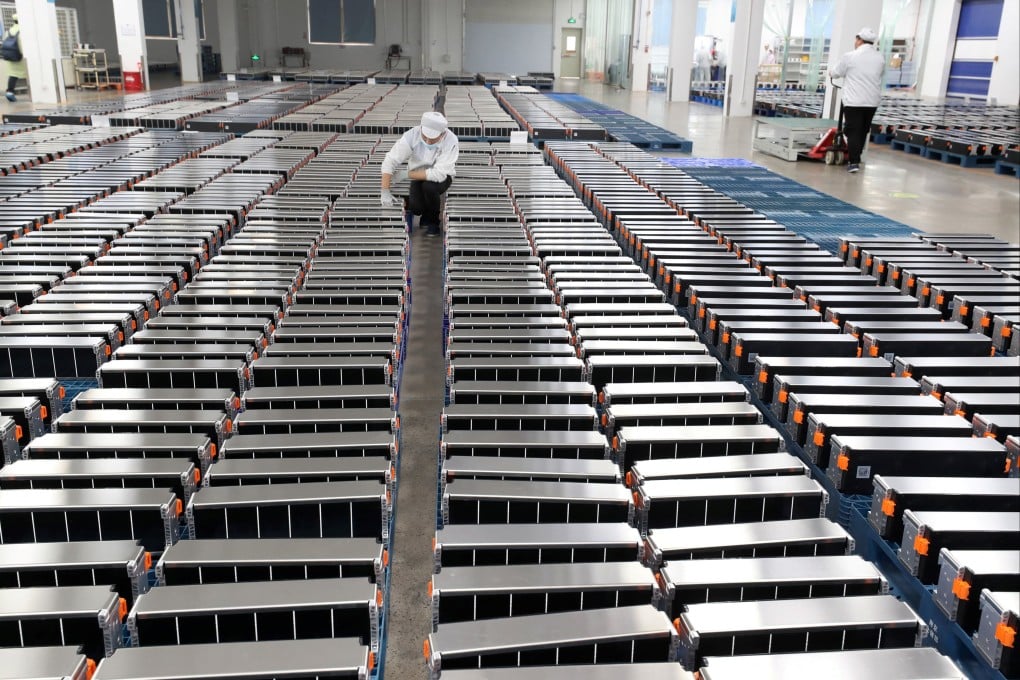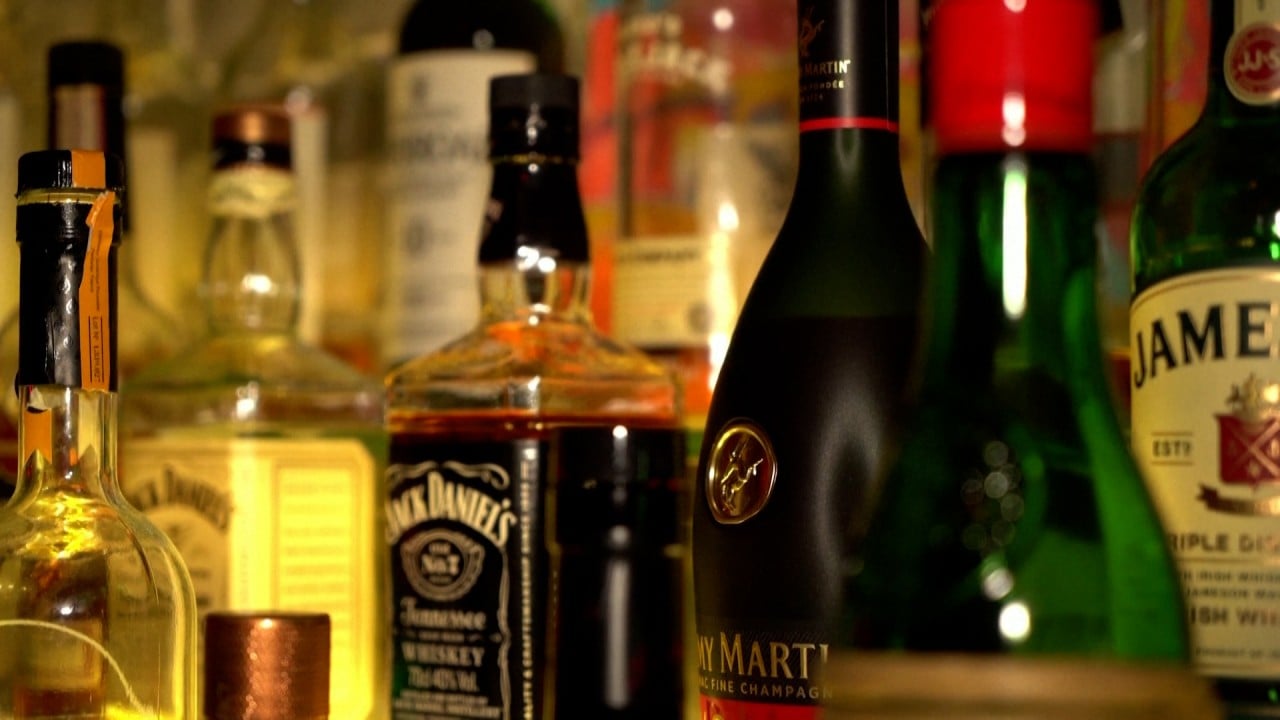EU pushes to cut China reliance with US$4.8 billion in cleantech grants
Move to name China in the proposal could leave the bloc vulnerable to a challenge in Geneva trade courts, analyst says

In the battery sector, which is dominated globally by Chinese firms, the bids that pledged “less sourcing of cathodes and anodes and active material from China will lead to higher scores”, the document said. Grants of €1 billion are available for projects in this sector.
“The EU has a significant reliance on this source of supply, which leads to a risk of irreversible dependency that may threaten the EU’s security of supply. Thus, special measures on limiting sourcing from China are justified in this industry,” the commission’s proposal read.
A further €1.2 billion in grants are available for the production of green hydrogen in Europe, but projects must have a maximum 25 per cent of their electrolysis stacks sourced from China.
“The bidder must provide a self-declaration that the resilience requirements on limiting sourcing from China will be met, and explain how it will be done,” the hydrogen proposal said.
